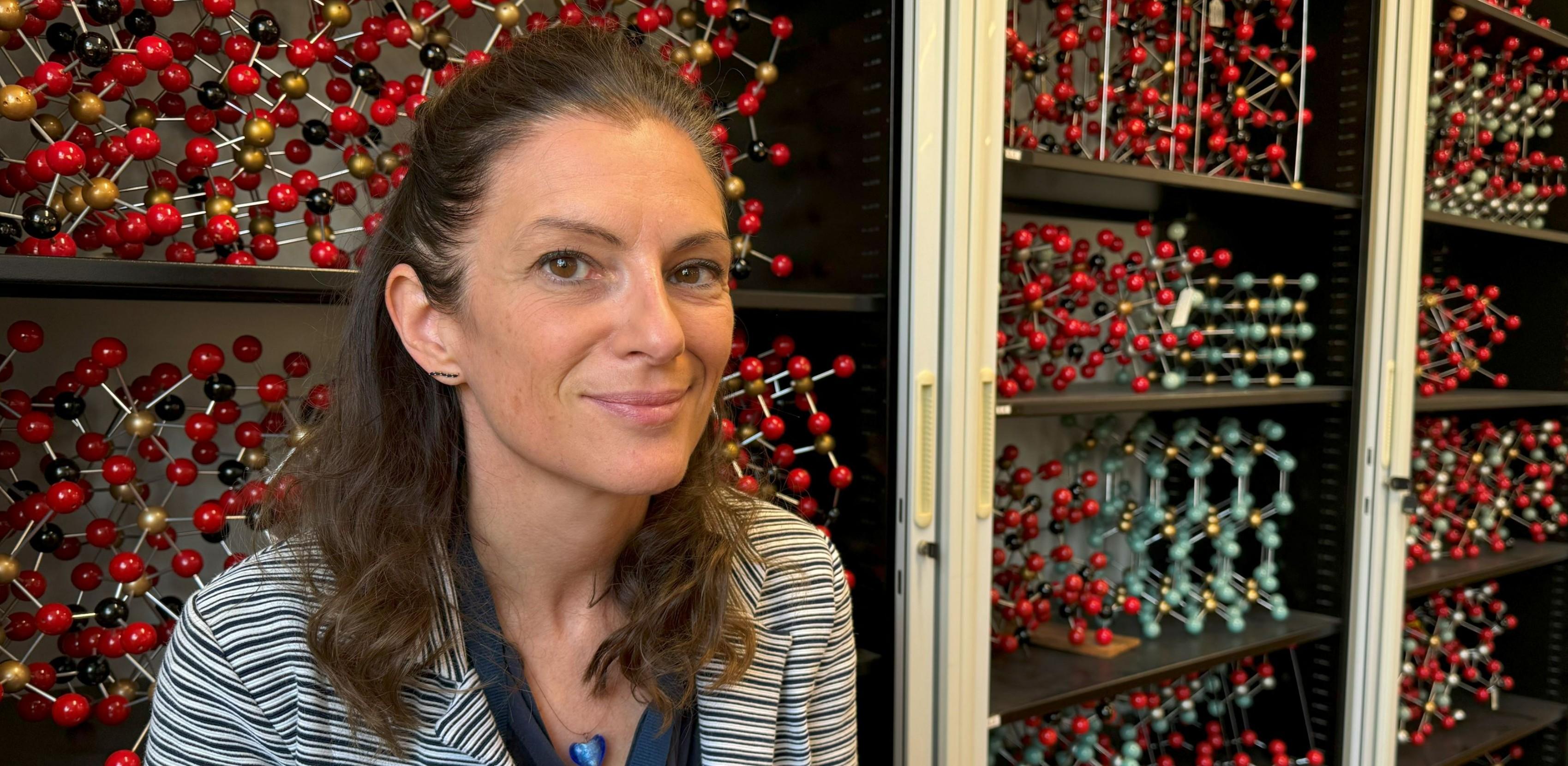
Submitted by Dr C.M. Martin-Jones on Tue, 20/05/2025 - 10:02
Congratulations to Marie Edmonds, Professor of Volcanology and Petrology at the Department of Earth Sciences, on being elected a Fellow of the Royal Society.
This year, over 90 exceptional researchers from across the world have been elected to the Fellowship of the Royal Society, the UK’s national academy of sciences, recognizing their groundbreaking contributions to scientific advancement.
Marie Edmonds is Head of Department and Ron Oxburgh Fellow in Earth Sciences at Queens’ College.
“I am humbled and honoured to become a Fellow of the Royal Society and to be recognised in this way by my distinguished scientific peers,” said Marie. “I would like to thank all the wonderful students, postdocs and colleagues I have collaborated with over the years. I look forward to working with the Society for the rest of my career to promote science for the benefit of humanity.”
Marie’s research focuses on understanding the impact of volcanoes on our environment and on the habitability of our planet. Her research spans the boundaries between traditional disciplines, from deciphering the nature of the interior of the Earth, to magma transport and storage in the crust, to volcano monitoring, understanding ore deposits and the dynamic chemistry of volcanic gases in the atmosphere and climate.
Specifically, her work has made important contributions to our understanding of the role that volatiles like carbon dioxide and water play in melting, magma genesis, eruption style, and climate modulation, deepening scientific knowledge of how volcanic processes influence the earth system.
Marie was a key collaborator in the decade-long Deep Carbon Project, assessing the sources of carbon stored in rocks beneath our feet and its movement over geological time.
Through her work at volcano observatories around the world, Marie has become increasingly interested in how volcanoes impact people and the environment. During her time at the Montserrat Volcano Observatory in the late 90’s, Marie developed the first system for monitoring volcanic gases remotely, using fully telemetered instruments that ran autonomously on solar power. Today, the same remote gas monitoring methods are in operation at perhaps 35 volcanoes around the world, revolutionizing how scientists track volcanic activity.
Marie and her international colleagues have been pioneering the use of drones in monitoring difficult-to-access and hazardous volcanoes, gaining valuable data for better understanding and forecasting volcanic eruptions.
Currently, Marie holds a NERC Exploring the Frontiers grant to explore volcanic sources of selenium, which is an essential micronutrient for humans and animals but can be toxic to life at even slightly elevated levels.
Sir Adrian Smith, President of the Royal Society, said: “It is with great pleasure that I welcome the latest cohort of outstanding researchers into the Fellowship of the Royal Society.
“Their achievements represent the very best of scientific endeavour, from basic discovery to research with real-world impact across health, technology and policy. From tackling global health challenges to reimagining what AI can do for humanity, their work is a testament to the power of curiosity-driven research and innovation.”
Congratulations again to Marie on this well-deserved honour.
Find out more about Marie's research and career in this interview.
